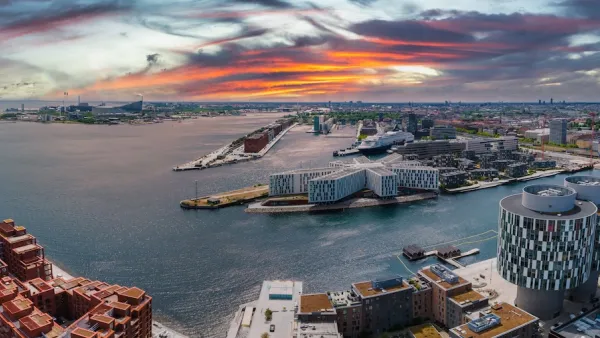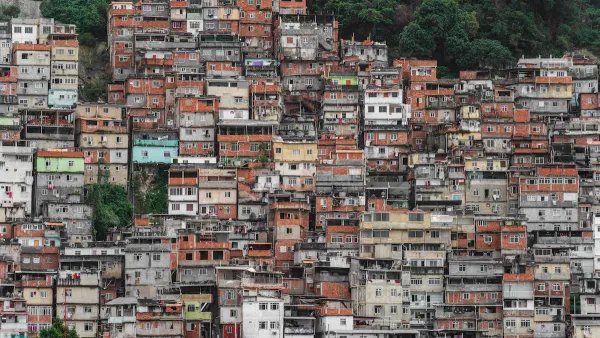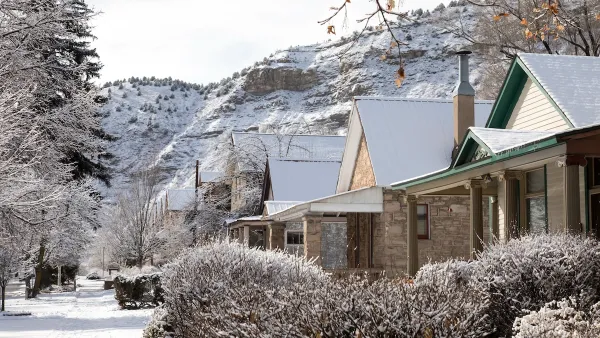A 2001 study showed that we can save more oil by building more fuel-efficient cars than by expanding drilling under U.S. soil or in our oceans. Deron Lovaas sees black gold in our cities and suburbs.
Lovaas writes that "An aggressive expansion of transit in cities and suburbs, for example, could save us almost 4 million gallons of oil each day by 2030."
Lovaas takes a closer look at a new, more energy-efficient light rail currently being tested by Dallas Rapid Transit (DART):
"This prototype can run on overhead electrical lines as well go five miles on a rechargeable battery. It also uses regenerative braking technology, which conserves power by channeling braking energy back to the battery."
FULL STORY: Where to Drill Next: Main Street

Analysis: Cybertruck Fatality Rate Far Exceeds That of Ford Pinto
The Tesla Cybertruck was recalled seven times last year.

National Parks Layoffs Will Cause Communities to Lose Billions
Thousands of essential park workers were laid off this week, just before the busy spring break season.

Retro-silient?: America’s First “Eco-burb,” The Woodlands Turns 50
A master-planned community north of Houston offers lessons on green infrastructure and resilient design, but falls short of its founder’s lofty affordability and walkability goals.

Test News Post 1
This is a summary

Analysis: Cybertruck Fatality Rate Far Exceeds That of Ford Pinto
The Tesla Cybertruck was recalled seven times last year.

Test News Headline 46
Test for the image on the front page.
Urban Design for Planners 1: Software Tools
This six-course series explores essential urban design concepts using open source software and equips planners with the tools they need to participate fully in the urban design process.
Planning for Universal Design
Learn the tools for implementing Universal Design in planning regulations.
EMC Planning Group, Inc.
Planetizen
Planetizen
Mpact (formerly Rail~Volution)
Great Falls Development Authority, Inc.
HUDs Office of Policy Development and Research
NYU Wagner Graduate School of Public Service




























